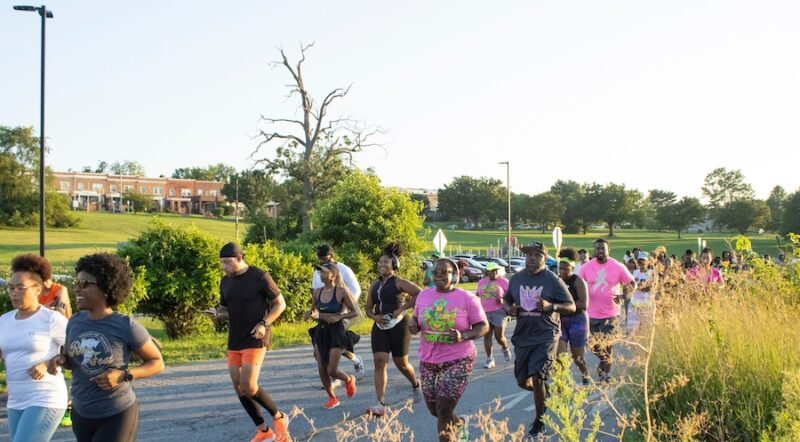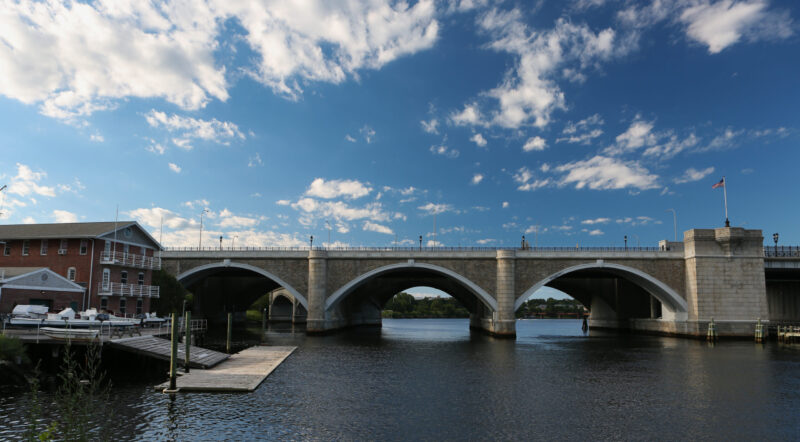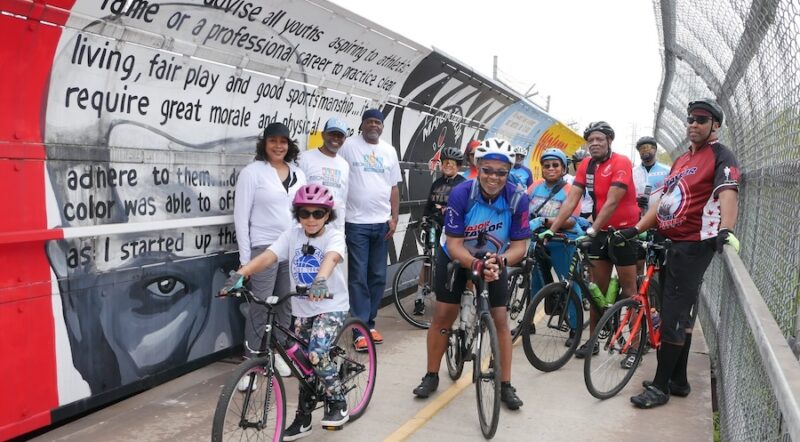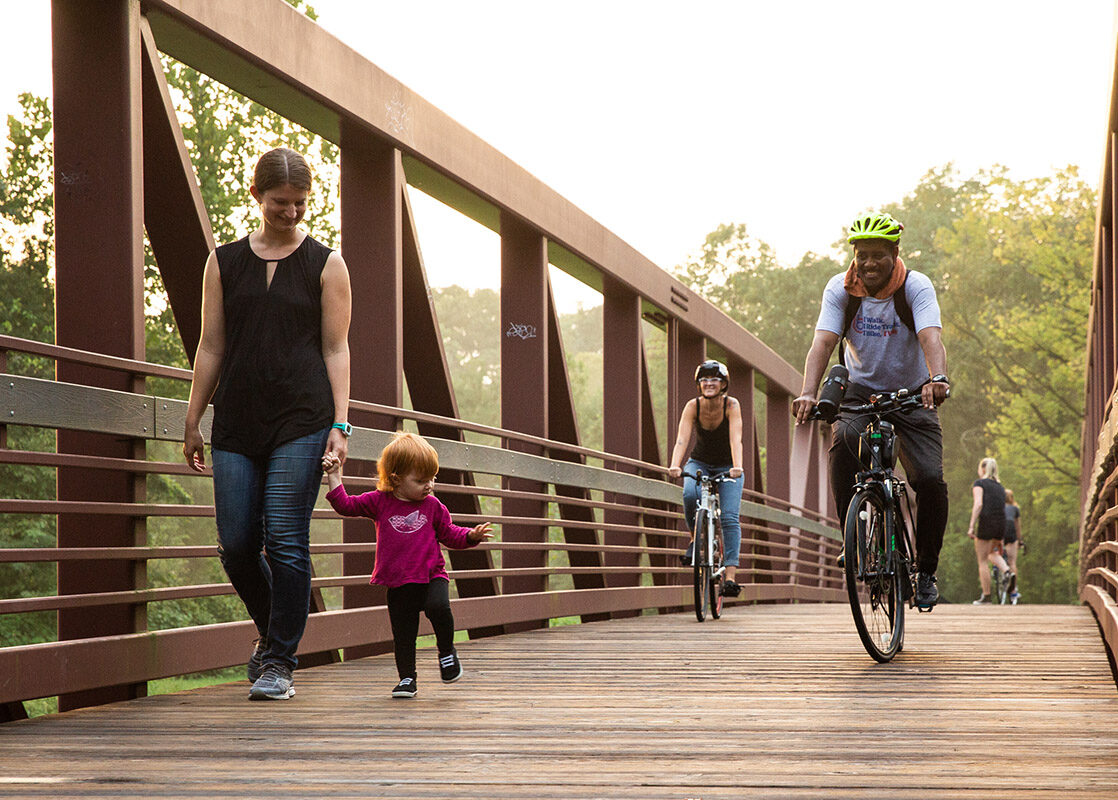Rhode Island
Rhode Island’s Ten Mile River Trail | Photo by Laura Stark
Learn about trails in Rhode Island including top trails, trail statistics, funding, projects and how you can get involved.
Read Blog:
Top 10 Trails in Rhode Island

State Stats
10
total rail-trails72
miles of rail-trails5
current projects49
miles of potential rail-trail5.4 M
Available Funds in the State
US Funds
FY23 Total Reserved for Transportation Alternatives and Recreational Trails Program (source: FHWA)
Research upcoming funding opportunities
Learn about Transportation Alternatives funding in the state
News & Stories from RI
View More Blogs
Press Release
Five Reasons to Get Outside on Trails This Spring
April 01, 2025

Using Trails
Rhode Island’s East Bay Bike Path
January 14, 2025

Using Trails
The Joy of Celebrating Trails Day 2024
May 14, 2024
View More Blogs

Donate
Everyone deserves access to safe ways to walk, bike and be active outdoors.